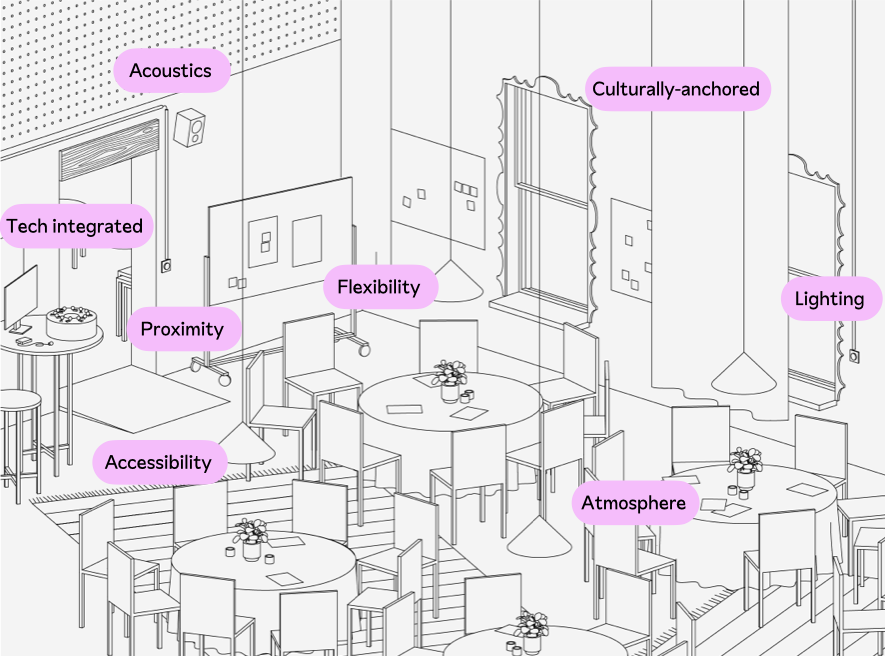Report by Democracy International & Democracy Without Borders: “This report encourages the use of GCAs by different actors and in different settings without making recommendations or expressing preferences on how this should be done. We envision that ultimately there will be a dynamic ecosystem making use of this deliberative format. However, the report particularly discusses the potential for GCAs to be set up by and benefit the UN. As a tool to be used by the UN, this paper recommends that the UN General Assembly (UNGA) applies Article 22 of the UN Charter to establish a dedicated permanent framework to codify procedures and operations, increase efficiency and create synergies. The report recommends that this UN framework should enable UN bodies and entities to set up and operate different ad hoc GCAs as needed.
GCAs are positioned as complementary to other initiatives in the field, such as creating a UN Parliamentary Assembly or a UN World Citizens’ Initiative. They offer a specific pathway for global public deliberation and participation and bridging the gap between citizens and global decision-makers.
While GCAs face practical limitations due to the world’s diversity and scale, they offer a valuable opportunity to foster trust in multilateral institutions and empower citizens to have a voice in global policy-making. By enhancing inclusive deliberation and putting forward actionable outcomes, GCAs have the potential to improve the democratic character of global governance and promote more responsive, citizen-centered approaches to solving planetary challenges…(More)”.

